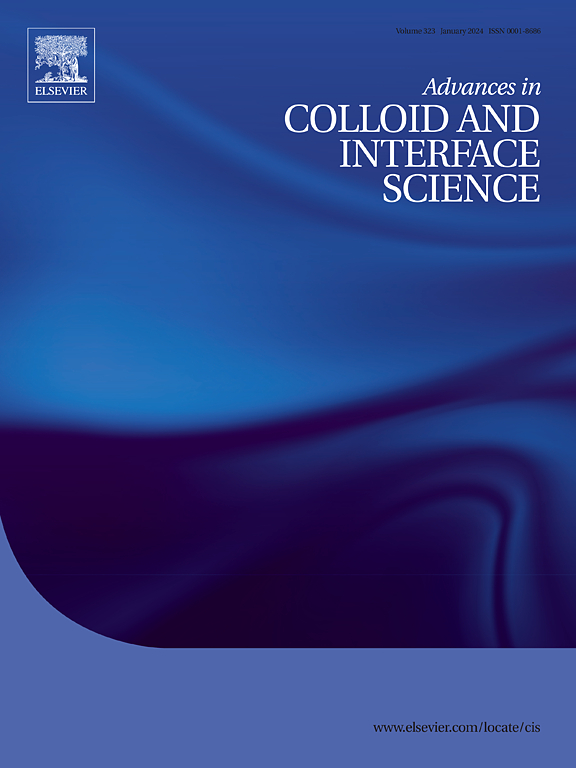Smart hydrogel: A new platform for cancer therapy
IF 15.9
1区 化学
Q1 CHEMISTRY, PHYSICAL
引用次数: 0
Abstract
Cancer is a significant contributor to mortality worldwide, posing a significant threat to human life and health. The unique bioactivity, ability to precisely control drug release, and minimally invasive properties of hydrogels are indispensable attributes that facilitate optimal performance in cancer therapy. However, conventional hydrogels lack the ability to dynamically respond to changes in the surrounding environment, withstand drastic changes in the microenvironment, and trigger drug release on demand. Therefore, this review focuses on smart-responsive hydrogels that are capable of adapting and responding to external stimuli. We comprehensively summarize the raw materials, preparation, and cross-linking mechanisms of smart hydrogels derived from natural and synthetic materials, elucidate the response principles of various smart-responsive hydrogels according to different stimulation sources. Further, we systematically illustrate the important role played by hydrogels in modern cancer therapies within the context of therapeutic principles. Meanwhile, the smart hydrogel that uses machine learning to design precise drug delivery has shown great prospects in cancer therapy. Finally, we present the outlook on future developments and make suggestions for future related work. It is anticipated that this review will promote the practical application of smart hydrogels in cancer therapy and contribute to the advancement of medical treatment.

求助全文
约1分钟内获得全文
求助全文
来源期刊
CiteScore
28.50
自引率
2.60%
发文量
175
审稿时长
31 days
期刊介绍:
"Advances in Colloid and Interface Science" is an international journal that focuses on experimental and theoretical developments in interfacial and colloidal phenomena. The journal covers a wide range of disciplines including biology, chemistry, physics, and technology.
The journal accepts review articles on any topic within the scope of colloid and interface science. These articles should provide an in-depth analysis of the subject matter, offering a critical review of the current state of the field. The author's informed opinion on the topic should also be included. The manuscript should compare and contrast ideas found in the reviewed literature and address the limitations of these ideas.
Typically, the articles published in this journal are written by recognized experts in the field.

 求助内容:
求助内容: 应助结果提醒方式:
应助结果提醒方式:


